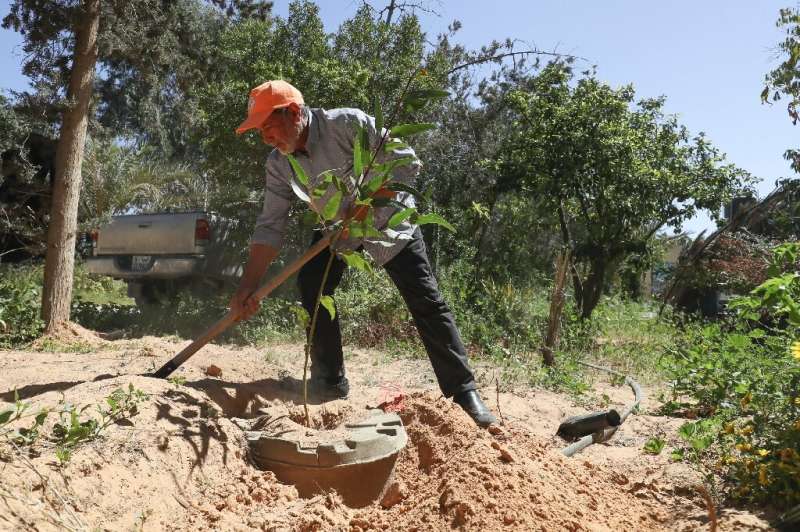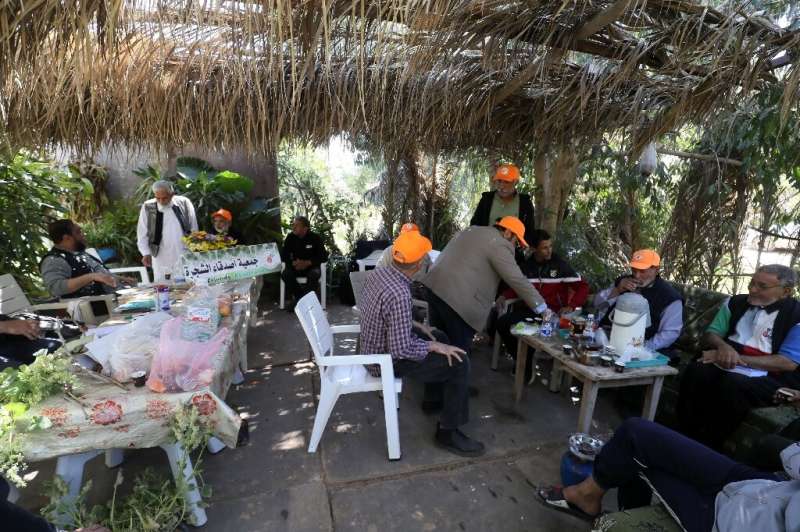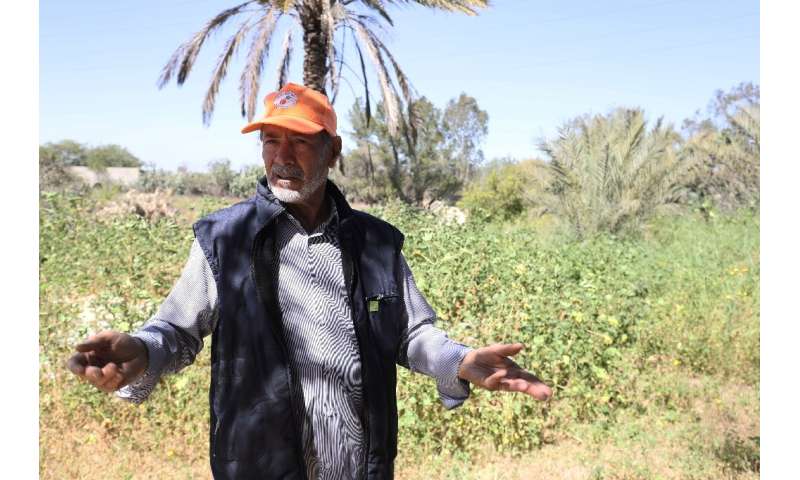Issued on: 28/04/2023 -
Text by:NEWS WIRES
The UN Security Council unanimously condemned on Thursday a Taliban administration ban on Afghan women working for the United Nations in Afghanistan and called on Taliban leaders to "swiftly reverse" a crackdown on the rights of women and girls.
The resolution - drafted by the United Arab Emirates and Japan - describes the ban as "unprecedented in the history of the United Nations," asserts "the indispensable role of women in Afghan society" and says the ban on Afghan women working for the UN "undermines human rights and humanitarian principles."
UAE UN Ambassador Lana Nusseibeh said more than 90 countries co-sponsored the resolution "from Afghanistan's immediate neighbourhood, from the Muslim world and from all corners of the earth."
"This ... support makes our fundamental message today even more significant - the world will not sit by silently as women in Afghanistan are erased from society," she told the council.
The Security Council vote came days before a planned international meeting in Doha on May 1-2 on Afghanistan. UN Secretary-General Antonio Guterres will convene behind closed doors special envoys on Afghanistan from various countries to work on a unified approach to dealing with the Taliban.
"We will not stand for the Taliban's repression of women and girls," Deputy US Ambassador to the United Nations, Robert Wood, told the council. "These decisions are indefensible. They are not seen anywhere else in the world."
"The Taliban edicts are causing irreparable damage to Afghanistan."
The Taliban says it respects women's rights in accordance with its strict interpretation of Islamic law. Taliban officials said decisions on female aid workers are an "internal issue."
The Security Council resolution also recognizes the need to address substantial challenges facing Afghanistan's economy, including through using assets belonging to Afghanistan's Central Bank for the benefit of the Afghan people.
The United States froze billions of the bank's reserves held in the US and later transferred half of the money to a trust fund in Switzerland overseen by US, Swiss and Afghan trustees.
"As of today, what we have seen is only that assets have been transferred from one account to another, but not a single penny returned to the Afghan people," China's Deputy UN Ambassador Geng Shuang told the council.
Russia's UN Ambassador Vassily Nebenzia also called for the return of the Afghan Central Bank assets.
(REUTERS)














